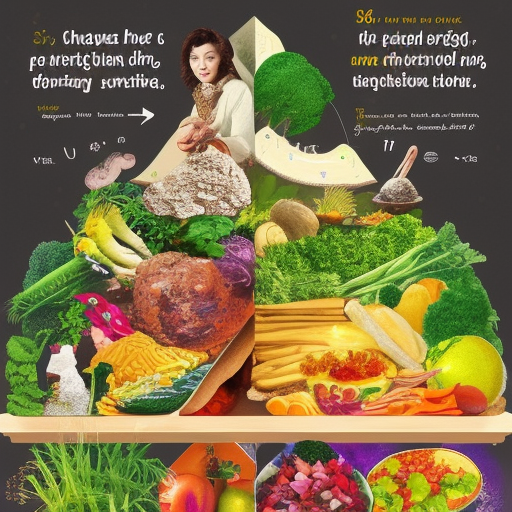
Is Seth Roberts' Pavlovian theory of weight control correct?
This claim resolves as YES if scientists who study obesity and weight loss agree that Roberts' hypothesis (or something substantially identical) is correct.
This claim will resolve on or before January 1st, 2030.
Background details:
Berkeley Psychology professor Seth Roberts claimed that consuming unflavored sweet water or unflavored oil between meals could cause lasting weight loss. He was able to confirm his hypothesis with a lengthy-self experiment. By drinking either unflavored fructose water or extra-light olive oil (a tasteless olive oil), Roberts was able to lose nearly 25% of his body weight in a short time.
"The Shangri-La Diet" is Roberts' popular audience book on his weight control hypothesis. The book contains advice on how to follow a diet informed by his hypothesis. Link:
A more scientific treatment of his hypothesis is available here:
"What makes food fattening? A Pavlovian Theory of Weight Control":
https://sethroberts.net/wp-content/uploads/2018/12/whatmakesfoodfattening.pdf
(This article has also been stored on archive.org.)
Settlement criteria:
I am not a scientist. I do not know if there is an objective measure of whether a hypothesis has become widely accepted.
To settle the claim, I will use something I call the Kahneman heuristic: if I read popular science books and I become sick and tired of hearing eminent scientists being quoted saying theory X is right over and over and over again, then theory X has become widely accepted.
This is called the Kahneman heuristic because I'm sick and tired of reading summaries of parts of "Thinking, Fast and Slow" in popular science texts. Admit it. You are too. But the ubiquity of Tversky and Kahneman is not just due to unsubstantiated hype: it's based on their scientific research.
This claim resolves as YES if Roberts' Pavlovian theory of weight control (or something substantially identical) is widely accepted according to the Kahneman heuristic.
People are also trading
reason for my limit order for yes: the kahneman heuristic seems likely to classify a near-match as YES, and this seems fairly plausible as a description of a subcomponent of the patterns of complex behavior of diet. most diets only reveal a subfragment of how food works, so I doubt this will be the final theory, but I expect its predictions will be very close to reasonable in a subset of the phase space of a more accurate dynamical body fuel usage model.
